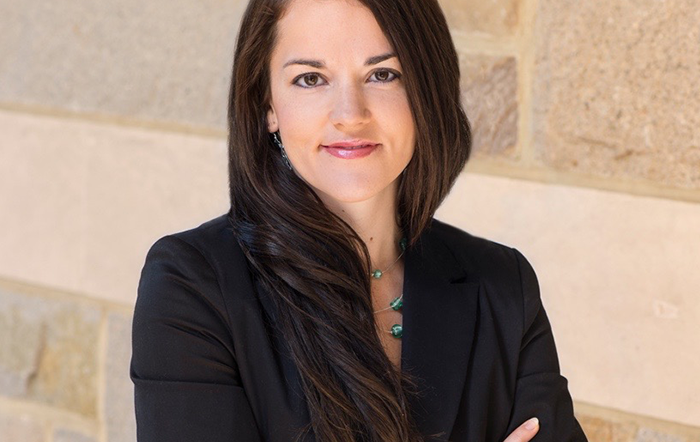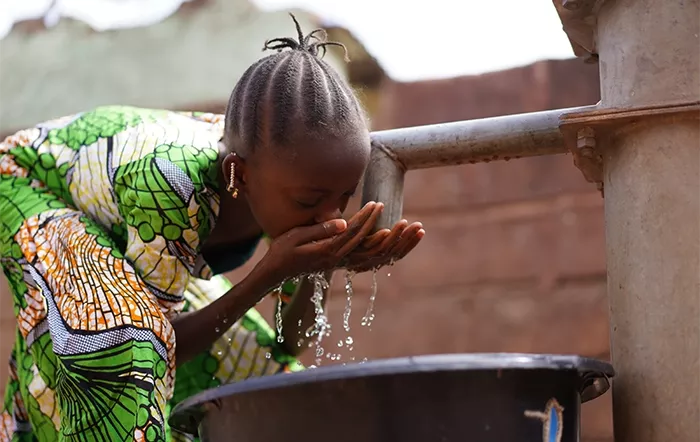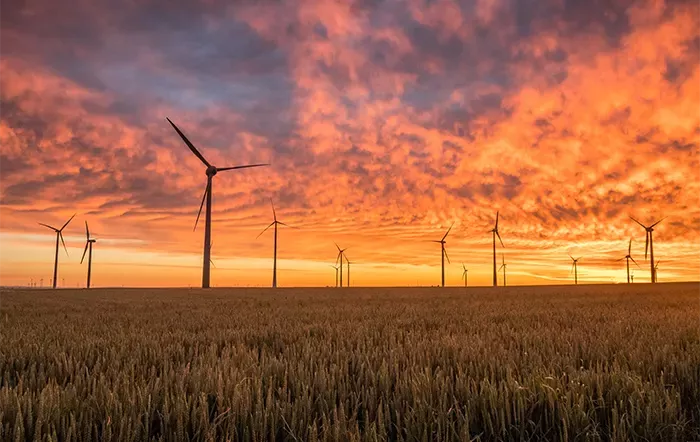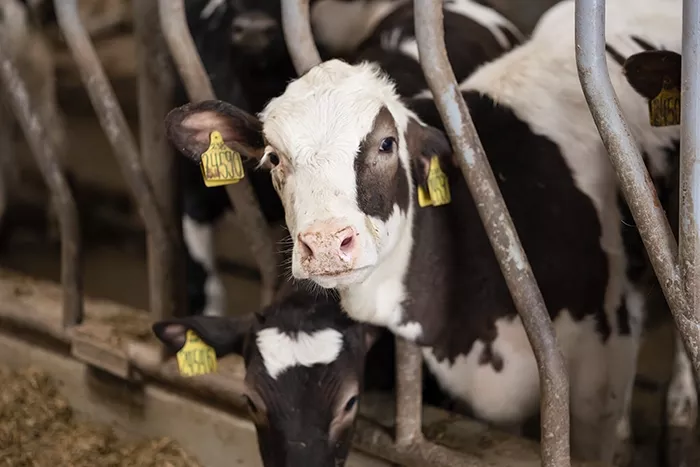The food industry will go to great lengths (and spend a fortune) to lobby policymakers, confuse the public and politicise scientific findings. When scientific evidence indicates the need to phase down environmentally harmful or unhealthy products, the responsible industry pushes back. In an article for The Conversation, Stephanie Walton, DPhil candidate in the School, explores how stranded assets may be motivating this resistance and examines the possible solutions.
News

SoGE MSc student Tabina Manzoor gives opening address at Right Here, Right Now climate summit
Tabina Manzoor, a Kashmiri student, researcher, and environmentalist currently pursuing an MSc in Water Science, Policy, and Management at SoGE, served as a student co-moderator at Oxford’s recently concluded Right Here Right Now Global Climate Summit, where she also gave an opening address at the Sheldonian Theatre.
Royal Geographical Society awards Professor Patricia Daley and Dr Fiona McConnell
We are thrilled to announce that the Royal Geographical Society (with the Institute of British Geographers) has awarded Professor Patricia Daley an Honorary Fellowship and Dr Fiona McConnell the Back Award.

Alice Watson awarded research grant in celebration of the BBC's centenary
Alice Watson, a postgraduate in the School of Geography, is one of the few people to have been awarded a grant to conduct public engagement research in celebration of the BBC's centenary this year. To mark 100 years of broadcasting, the Arts and Humanities Research Council (AHRC) has launched an exciting programme of public engagement activities. This includes supporting seven new research projects across UK universities that will directly involve public participants to examine, explore, and articulate their connection with the BBC.

School of Geography and the Environment celebrates REF2021 result
UK funding bodies have published the results of the most recent national research assessment exercise, the Research Excellence Framework (REF) 2021. The School of Geography and the Environment (SoGE) at the University of Oxford is delighted with our evaluation in REF 2021.

What the invasion of Ukraine means for the IPCC's latest climate change report
The UN's new IPCC report on the mitigation of climate change says that immediate and deep emissions reductions are needed to limit global warming, along with removing carbon dioxide back out of the air in future. Meanwhile, the world's governments are urging fossil fuel companies to drill for more oil and gas as fast as possible to make up for sanctions on Russia. What on earth is going on? Prof Myles Allen and Dr Hugh Helferty write for The Conversation.

Dr Amber Murrey awarded prestigious British Academy/Wolfson Fellowship
Dr Amber Murrey has been awarded one of only six prestigious British Academy/Wolfson Fellowships for her work on the politics and geographies of knowledge, agency and resistance in Cameroon.

Water matters: for girls, for education, for future prosperity
Professor Robert Hope, professor of water policy and director of the REACH programme, explores why water is vital - not just for drinking and health, but for life chances and education.

Oxford launches new multi-disciplinary ZERO Institute
The University of Oxford today announces the launch of the multi-disciplinary ZERO Institute (Zero-carbon Energy Research Oxford) to tackle the challenges of an equitable, secure global zero-carbon energy transition.

How can SMEs help to enhance food system resilience?
Collaboration with larger institutions could untap the potential for small and medium sized enterprises to contribute to greater UK food security, according to the latest policy and practice brief from the GFS FSR Programme.







